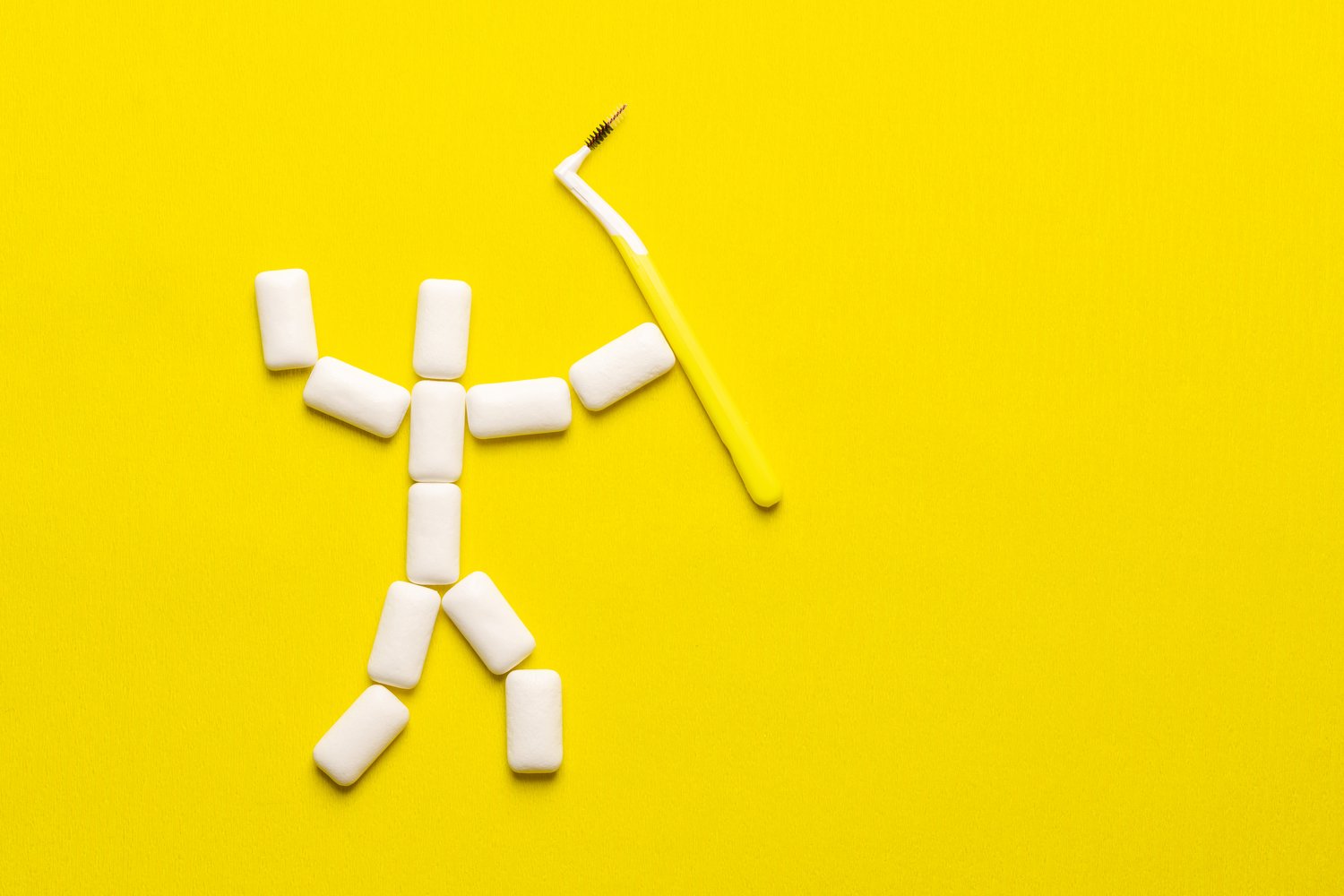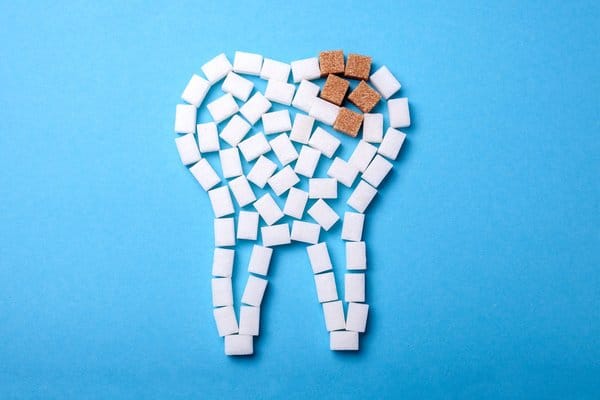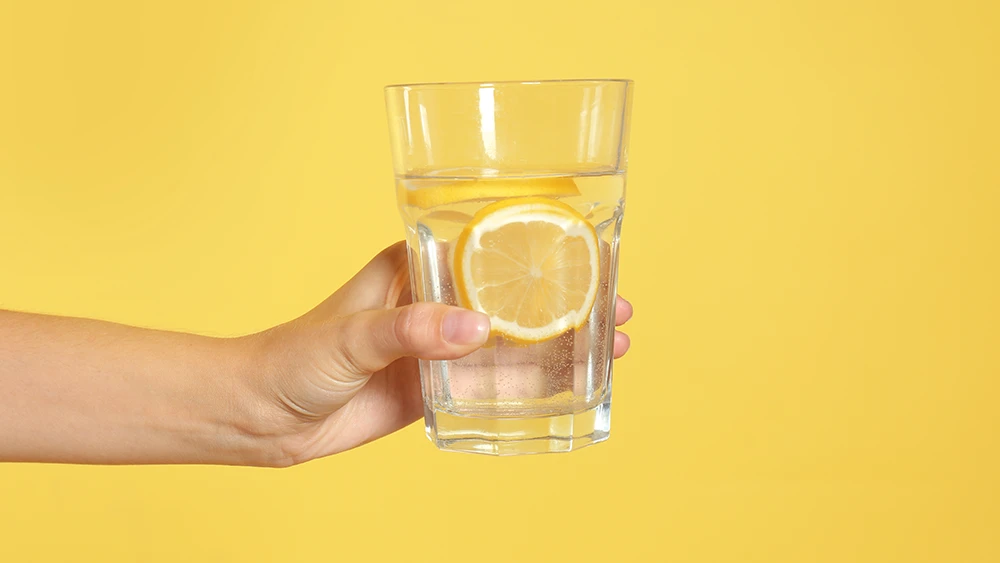We all know sugar isn’t great for our health, but it’s everywhere. From soft drinks to snacks and desserts, it’s difficult to abstain from sugary foods. We don’t expect you to quit consuming food containing added sugar, but let’s find out together how sugar causes tooth decay and gum problems. This way, you’ll know how to protect your pearly whites next time you indulge in a midday snack.
What happens to teeth when we eat sugar?
Sugar itself does not damage your teeth. However, the bacteria inside your mouth and in dental plaque feed on sugar, and in turn produce acidic end products. It takes 5–10 minutes for your dental plaque to reach the most acidic level, and then 30–60 minutes to recover to the original level. The acid causes your tooth structure to become soft, making it vulnerable to decay and erosion.
I liken this process to a tug-of-war: Team A (Teeth) vs Team B (Sugar).
If Team B (Sugar) pulls hard for ten minutes and stops, giving Team A time to recover, there is no decay as a result.
If Team B (Sugar) pulls hard constantly without giving Team A time to recover, decay can happen given enough time. The acid produced can also irritate your gums and can result in gum disease.
How do we stop sugar from affecting teeth?

There lies the importance of allowing your teeth to rest. If you keep Team B working hard, decay can happen over time.
Therefore, habits such as snacking give your teeth not enough time to rest. It would be better to eat all 3 cubes of chocolates at one go than to eat them cube by cube, as it prolongs the duration of having sugary food in your mouth.
Whenever we are drinking sugary/ soda drinks, you can use a straw to avoid contact with your all teeth.
Should you brush your teeth after sugar?
Naturally, many of us would like to help the teeth out by brushing immediately after food, but we should wait at least 30 minutes after eating. That’s because the teeth are in a slightly vulnerable state when they are recovering.
To help your teeth out, we advise using toothpaste that contain fluoride. Fluoride transforms your original teeth structure (Hydroxyapatite) to something harder (Fluorapatite) and more resistant to acid attacks.

Brushing and flossing are both necessary overall to keep the bacteria in your mouth under control. These bacteria are inside the dental plaque, which is the creamy, yellowish substance that clings to your teeth. Brushing removes dental plaque around the tooth, whereas flossing is important to remove the dental plaque build up in between the teeth that cannot be removed by brushing.
In Summary
Now you know that sugar feeds the bacteria in your mouth, which produces acidic products that damage your teeth.
To protect your teeth, you should
- Avoid the time period your teeth are exposed to sugar; limit snacking time and eat all your food at one go!
- Don’t brush immediately after eating. Wait at least 30 minutes.
- Remember to floss!
For a thorough dental clean, please visit your dental professionals and get personalised oral hygiene instructions to help you against tooth decay and gum problems.




